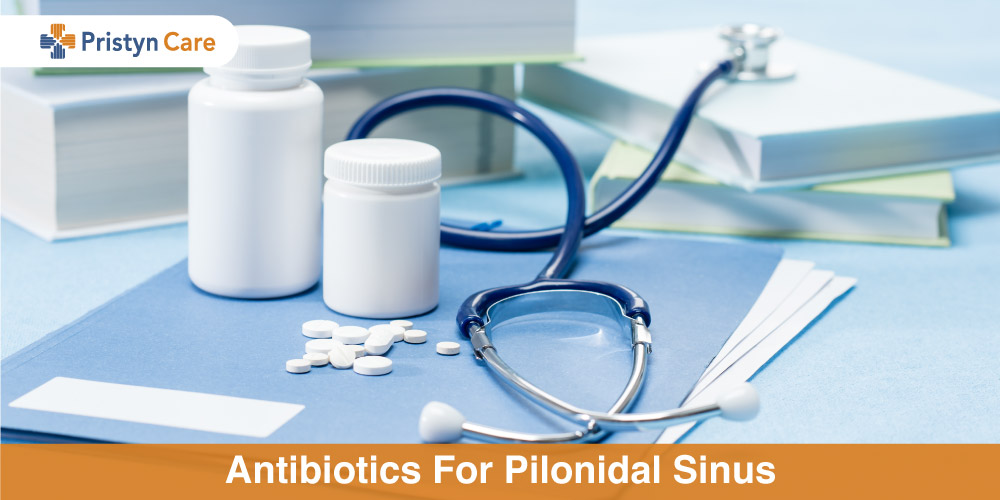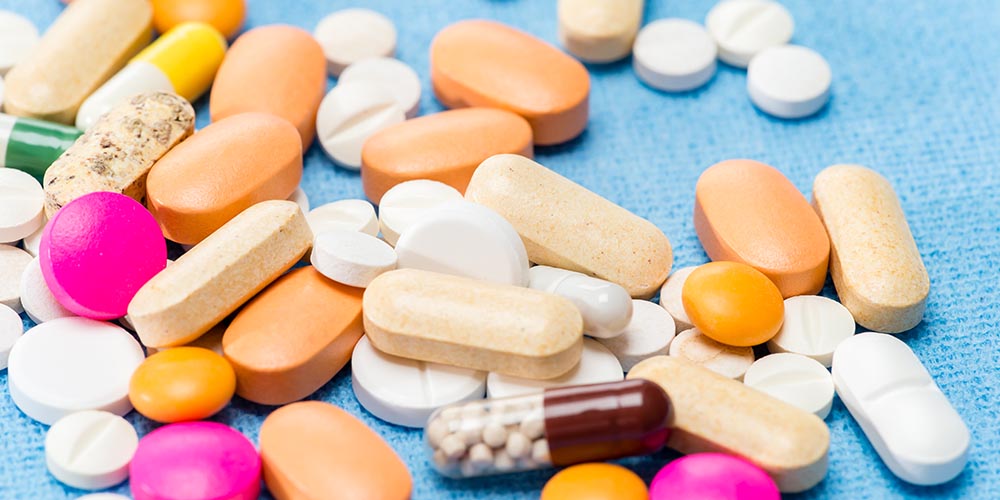
Pilonidal sinus is a condition in which a small hole or tunnel develops in the natal cleft (between the buttocks).
Pilonidal sinus can develop due to a number of reasons. The major causes of pilonidal sinus include hormone changes, excess and coarse hair, infections, injuries and friction due to tight clothing. There are also certain factors that can increase the risk of developing pilonidal sinus. Obesity, sedentary lifestyle, deep and hairy natal clefts and a family history of the condition are some of the risk factors for pilonidal sinus.
Males are more prone to developing pilonidal sinus than females. This is probably because men tend to hairier than women.
In the initial stages of pilonidal sinus, a small depression or dimple can be seen between the buttocks. Over time, pus and fluid start accumulating in this depression and a cyst may be formed. Usually, this cyst contains dirt, hair, and debris. These cysts are also prone to infections.
Once the pilonidal cyst gets infected, it can cause a lot of troubles. A discharge of pus and blood may be seen from the cyst. Also, you may experience severe pain. You won’t be able to sit for long periods of time. You may also face discomfort while wearing tight-fitted clothes.
If you are suffering from pilonidal sinus and are going through the aforementioned troubles, you must know that pilonidal sinus is completely curable. Pilonidal sinus can be treated even in severe cases.
Table of Contents
Can antibiotics treat pilonidal sinus?

There are a number of non-surgical as well as surgical treatments available for pilonidal sinus. The mild conditions can be treated effectively with non-surgical treatments. However, in serious cases, surgery may be required. So if you want to get rid of pilonidal sinus, consult a specialist doctor. Your doctor will assess the severity of pilonidal sinus in your case and will then suggest the best-suited treatment option for you.
If the pilonidal sinus in your case is mild, your doctor may also prescribe certain medications that can help in providing symptomatic relief from pilonidal sinus. These medicines usually consist of broad-spectrum antibiotics.
Effective antibiotics for Pilonidal Sinus
Broad-spectrum antibiotics are recommended for pilonidal sinus in cases where the condition is minimal pain and there is no sign of inflammation. Antibiotics are effective against bacteria and thus help to reduce the discomfort that pilonidal sinus causes. Also, antibiotics hasten the healing process. The doctors usually prescribe antibiotics for drying out the infectious material present in the cyst. Antibiotics will give you substantial relief from the infection and the troubles associated with the pilonidal cyst.
Let’s get an insight into the various antibiotics that are prescribed for pilonidal sinus:
- Metronidazole: Metronidazole is a medicine that has been used as an antibiotic for decades. It effectively stops the growth of bacteria and protozoa in the cyst. Metronidazole is available in capsule form, tablet form as well as topical form.The dosage of Metronidazole depends upon the severity of the pilonidal cyst or sinus. If you are taking the medicine orally, you should take it with food or with a full glass of water or milk to avoid stomach upset. Metronidazole is effective against a variety of infections and thus will bring significant relief from the condition of pilonidal sinus.
- Erythromycin: It is the most common antiobiotic that doctors prescribe for treating pilonidal sinus. It is also popular for treating of a variety of infections. It slows down the growth of bacteria. Erythromycin can also kill sensitive bacteria as it reduces the production of proteins that the bacteria need to survive. Erythromycin is available in oral, topical as well as intravenous forms.The dosage will depend upon you condition and your response to the medicine. Erythromycin works best when it is taken empty stomach. Try to take the medicine before meals. In case nausea occurs, you can take it with food or milk.
- Clindamycin: Clindamycin is another effective antibiotic to cure the problem of pilonidal sinus. It stops the growth of harmful microbes and prevents them from multiplying. It is effective against a number of infections that are bacterial in nature.Clindamycin is available as oral solutions and capsules as well as topical foams, gels and ointments. To get the best results for pilonidal sinus, you should take the capsule at evenly spaced intervals of time. Take the capsule with a full glass of water and do not lie down for at least 10 minutes after taking the medicine.
- Cefixime: Cefixime is yet another broad-spectrum antibiotic that is popular in use for curing pilonidal sinus. It prevents the harmful bacteria in the cyst to form cell walls. These cell walls are necessary to keep the bacteria alive and thrive. Hence, cefixime destroys the infection causing bacteria in the pilonidal cyst.Cefixime is available in the form of capsules, tablets and chewable tablets. For best results, take the medicine with or without food as your doctor recommends. Also, in the case of chewable tablets, you should chew the tablet thoroughly before swallowing.
Along with these antibiotics, your doctor may also prescribe certain anti-inflammatory drugs that will help in relieving the pain and subsiding the swelling of the cyst. These include medicines like acetaminophen and ibuprofen.
Note: You should not take the above-mentioned medicines without proper consultation with a doctor. Self medication can have side effects. Also, if you get relief before the completion of the course of the medicine, do not discontinue its use without discussing with your doctor.
The aforementioned antibiotics can be really helpful in mild cases. They can fight the infections and can relieve the discomforts of pilonidal sinus. However, antibiotics may not prove much effective in healing the sinus tract in severe cases. Therefore they will only provide a temporary solution. In such severe cases or in the cases of multiple cysts, there are high chances of recurrence.
What to do if the problem of pilonidal sinus recurs?
If you have a recurring pilonidal sinus or if antibiotics do not work in your case, consult a specialist doctor. In case of a serious pilonidal sinus, your doctor may suggest undergoing surgery. You won’t have to worry much about it, as nowadays, modern laser-based treatment is available for pilonidal sinus.
In laser treatment, laser energy cleans the infected area and then closes off the cyst. The doctors remove the entire pit in the process. It ensures that pilonidal sinus will never affect the area again.
Laser-based treatment is a minimally invasive and minimal pain procedure with no risk of post-operative infections. So, if you require surgery for pilonidal sinus, you should choose the laser treatment.
Laser treatment for pilonidal sinus is available at Pristyn care. You can get in touch with us and say goodbye to pilonidal sinus once and for all.
Also Read:







